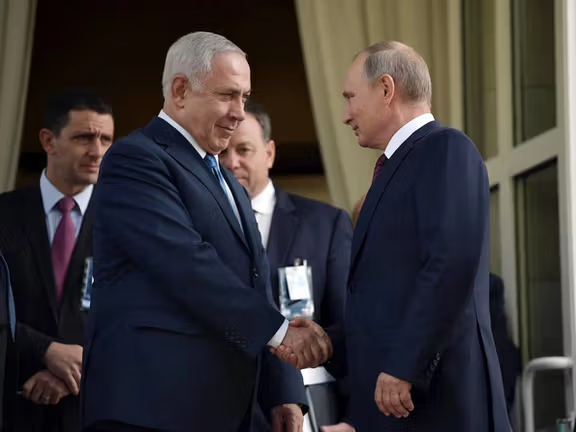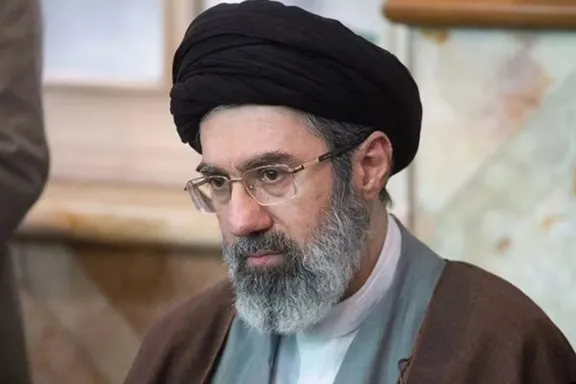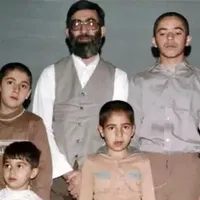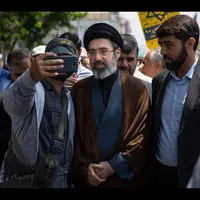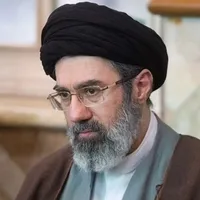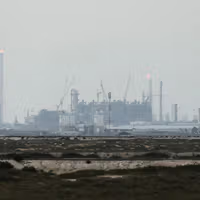Israel carried out hundreds of air raids in Syria during the civil war from 2011 onward, aiming to disrupt shipments of advanced weaponry from Iran’s Revolutionary Guard Corps (IRGC) to Hezbollah in Lebanon and other allied groups.
At the time, observers in Iran questioned why their Russian allies, which controlled much of Syrian airspace, did not intervene to shield Tehran’s forces and proxies.
Now, Yossi Cohen reveals in his new book that he secured Putin’s green light after traveling to Moscow to personally make the case for the strikes.
“I visited the Kremlin to explain, in detail, how and why we had to hit that route because of the weapons finding their way to Iran’s Revolutionary Guards, within Syria, and to Hezbollah in Lebanon,” he wrote.
According to Cohen, Putin accepted the logic of Israel’s position and suggested setting up a direct channel between the militaries to avoid misunderstandings.
“Putin followed my logic, proposed that our respective deputy chiefs of staff open up a red line every time we intended to attack, and gave his blessing,” he revealed.
The former spy chief underscored that Moscow’s acquiescence was not merely symbolic, but essential to Israel’s freedom of action in Syria.
“That permission, to strike at the interests of his partners in Iraq as well as Syria, was essential, since the Russians operate S300 and S400 air defense systems that can strike at aircraft flying at up to thirty kilometers, or 98,000 feet, high,” Cohen explained.
“We cannot risk the beautiful F-35s the Americans give us, so we cannot be shy about our best interests.”
Russia entered the Syrian conflict in 2015 to support President al-Assad, aligning itself with Iran, Lebanon’s Hezbollah, and other Shi’ite militias that were backing Damascus in its fight against Islamic State and various Sunni rebel factions.
The Israeli strikes intensified under al-Assad’s embattled government, which relied heavily on Tehran and its allied militias for survival. At the time, Russia had deployed advanced S-300 and S-400 air defense systems and exercised significant control over Syrian airspace, making Moscow’s consent critical for Israeli operations.
Post-Assad Syria
After al-Assad was overthrown by the forces of Abu Mohammad al-Jolani in December 2024, Iran and Russia confronted steep losses of influence in Syria. Tehran’s deep investments in militias and infrastructure largely unraveled, while Moscow saw its grip on Damascus loosen.
Russia’s prized naval foothold at Tartus came under pressure after Syrian authorities moved to terminate the lease, forcing Moscow to scale back operations and withdraw several warships. At the same time, equipment was relocated from the Khmeimim air base, where access is now subject to restrictions imposed by rebel factions controlling the surrounding area.
The turmoil has only deepened in the months since. Clashes between Syria’s new Islamist rulers and the Israeli-backed Druze minority in the southern province of Sweida—compounded by Israeli strikes on Syrian government forces—have pushed Damascus into an uneasy recalibration of its ties with Moscow.
Earlier in the year, the Syrian authorities were actively seeking to sideline Russia, but the threat posed by Israel has since compelled them to consider expanding Russian military involvement as a counterbalance.
